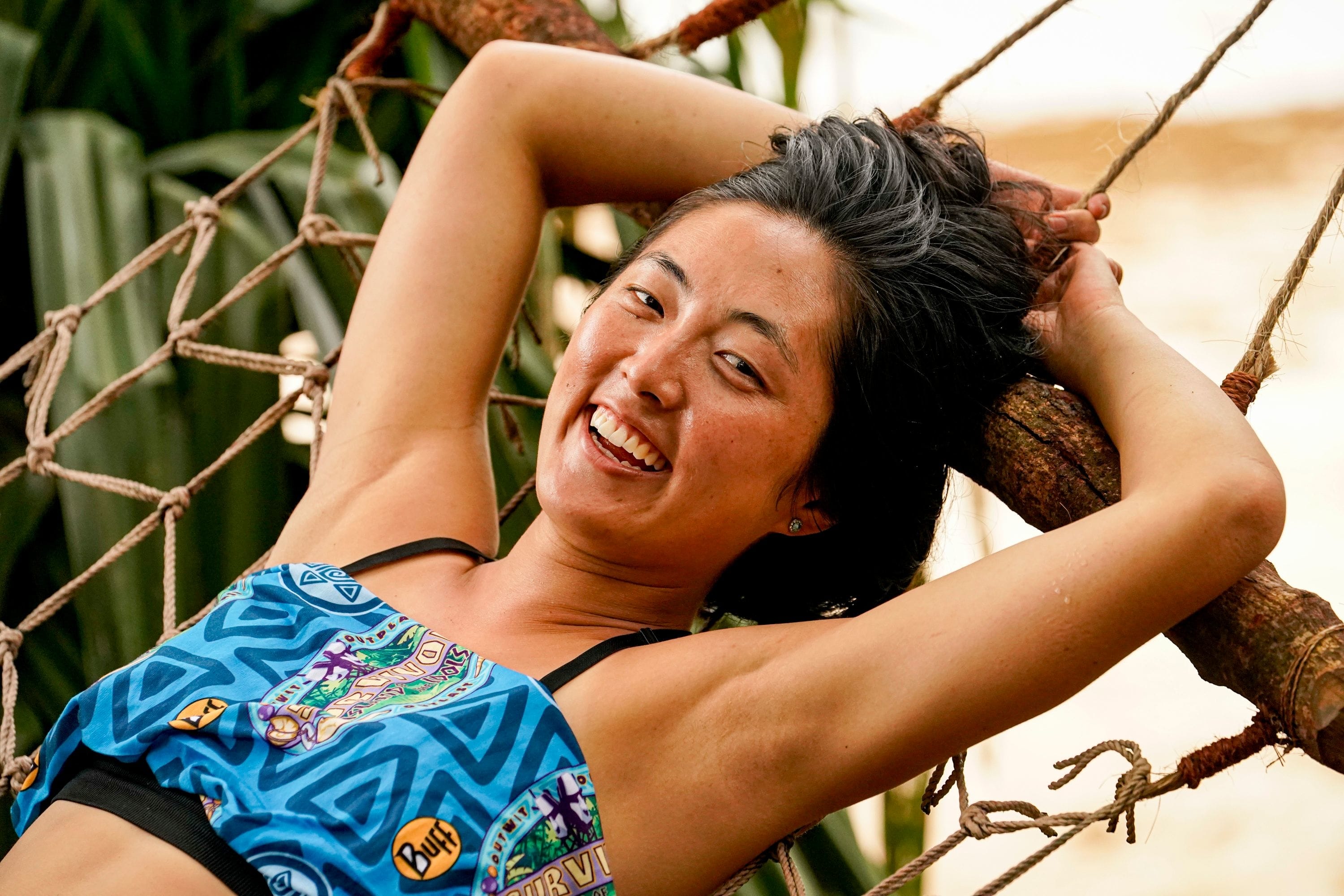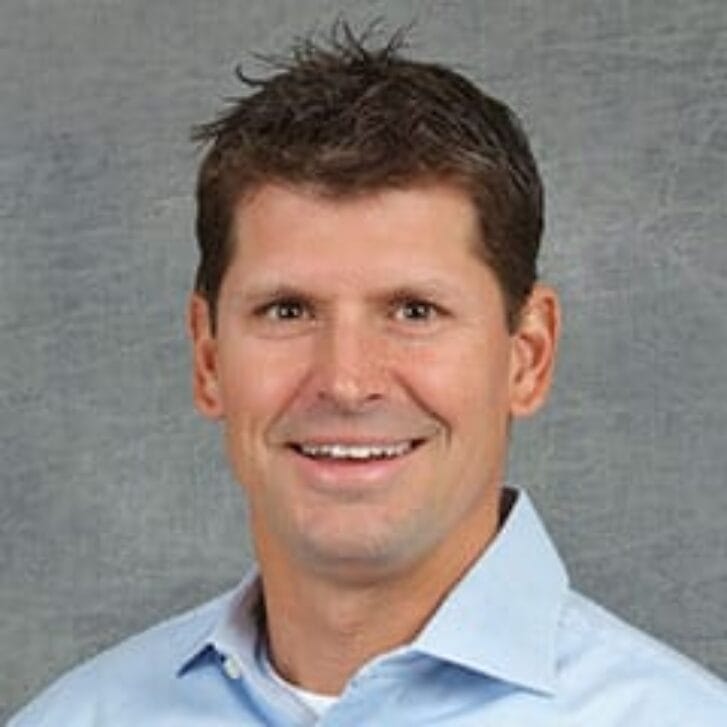Kellee Kim WG19 was a few weeks away from completing her Wharton MBA when she set off to Fiji for an opportunity of a lifetime—to compete on the 39th season of Survivor for a chance to win $1 million. Although she didn’t walk away with the competition’s ultimate prize, Kim established herself as a major contender and sparked a national conversation after she confronted fellow contestant Dan Spilo about unwanted physical contact. Kim connected with Wharton Magazine by email to discuss her time on the show and the takeaways she hopes others will gain from her experience.
WM: What led you to apply for Survivor?
Kellee Kim: I applied for the show because I loved the social strategy behind the game. I thought that a lot of the interactions and group dynamics that occurred in Survivor mirrored real life, and I wanted to test myself mentally and physically! [For more on Kim’s Wharton experience, read her Wharton Stories interview.]
WM: Your game in many ways became a test for TV producers handling cases of inappropriate touching, when you brought up issues regarding Dan Spilo’s actions toward you and other women on the show. How do you expect Survivor and other reality TV shows to handle similar incidents moving forward?
KK: Inappropriate touching and sexual harassment continue to be a big theme in the entertainment industry. As I’ve been thrust into the center of this issue on Survivor, it’s been shocking to me how many stories there are—and these are just the ones that are public! I can only imagine how many stories never get told for fear of consequences.
There are many people before who have shared their stories of sexual harassment, and those stories have created space for mine. I can only hope that this story creates space for the next one and makes anyone who has gone through this or is going through this feel a little less alone. [This week, CBS announced extensive changes to Survivor as a result of the issues raised by Kim and others on the show.]
WM: You commented a bit on the show about potential consequences for standing up in similar real-world situations. How does Survivor mimic reality, and what words or advice would you give to women and young professionals facing situations like this outside the game?
KK: My advice is if you see something, say something. One voice alone can be very small, but many voices together have power. It’s not just up to the people who are experiencing harassment to act. It’s also up to the bystanders.
I just want to say that this is not just an issue that affects young people or women. There are so many people of all ages and genders, from all around the world, who have reached out to me and shared their own experiences. It is hard for anyone to stand up and talk about it. It was hard for me to stand up, and it was hard for me to navigate all of the things that came after it. I am very grateful that I did because of the changes that CBS and Survivor are planning on instituting. Hopefully, if and when this happens again, it is addressed appropriately and in a timely manner.
WM: You wrote on Instagram following your exit from the game that it was important for you to be a positive role model and break stereotypes in Hollywood, reality television, and the larger society. For one, you became a strong force speaking out against sexism toward women. What other issues did you aim to address during the show?
KK: I was not aiming to address any specific issue! I wanted to be myself—social, unique, and athletic, and these are things that aren’t usually associated with Asian American women on Survivor. I hoped that I could inspire people regardless of gender, race, or age by playing a great game.
WM: How has your experience on Survivor informed your personal and professional life?
KK: I am very grateful to the wonderful people in my life; I have very supportive people around me who held me up when I couldn’t hold myself up. I also started working with Time’s Up and [civil rights attorney] Debbie Katz, who have been instrumental in helping me get the change that I asked for and in getting me the opportunity to speak freely at the live show, [which aired on Wednesday].
WM: You were always labeled by other players as a threat to win the game. Why do you think that was the case?
KK: I am Asian American, and I was told that I sound smart when I speak. I also love strategizing and as I got deeper into the game, that’s all I wanted to do!


























